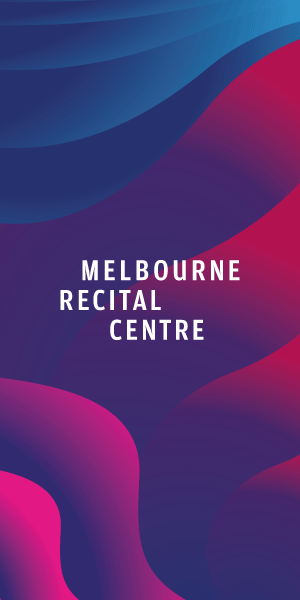Fruit bat electrocutions in Parkville prompt CitiPower to take action
Residents of a Parkville South street have spoken of their concern of fruit bats being electrocuted on power lines as large numbers feed on nearby gingko trees.
A CitiPower spokesperson said it had been one of the most significant seasons for bat activity around its networks, some of which had caused outages in parts of Victoria.
In response to local concerns in Park Drive, Parkville, the spokesperson said they had taken some mitigation steps to address the welfare of wildlife, including trialling specially designed insulated sleeves over conductors.
It said this was designed to help bats avoid powerlines and reduce the chance of electrocution if impacts occurred.
“We will continue to monitor network activity and keep working closely with the local council and with customers in the area to improve measures to safeguard our wildlife,” the spokesperson said.
According to the Department of Energy, Environment and Climate Action, the grey-headed flying-fox, also known as a fruit bats, fed on a variety of trees and shrubs.
“After feeding, flying foxes may rest on nearby powerlines. As they spread their wings to take flight the wings can make contact with live wires, resulting in electrocution. In most cases, the flying-foxes die,” it said.
Resident Ingrid Wittman said while she acknowledged CitiPower’s trial was well-intended, “this action was implemented in haste” without consultation with residents, “and it is far from the best available solution to the electrocution problem”.
“Ideally, the powerlines along the west side of Park Drive northeast of Story St should be underground – as they are between Flemington Rd and Story St, as they are all along the east side of Park Drive, and as they are on other South Parkville streets,” she said.
Ms Wittman said she also believed removing the trees and replacing them with mature non-fruiting male trees would end the bat electrocutions.
She said this would solve other problems of the fruit that falls from female ginkgo trees that cause a mess on footpaths and parked cars.
Ms Wittman also noted the conductors were “unsightly” and distracted “significantly from the visual aesthetic of the area”.
Another resident Gary said the “sensible and logical conclusion to this matter is to pull out all four female trees and replace them with male trees and let them grow back up to normal size”.
In a statement, the City of Melbourne said some ginkgo trees on Park Drive had been part of the landscape for around 25 years, and all trees were assessed and pruned if required every year.
“Preserving trees provides environmental and health benefits for our community. Under our tree policy, we do not prune or remove trees because of fruit or debris falling – unless it poses a safety risk,” it said.
“We collect fruit fall and debris from trees during regular street sweeping – and we increase these services during heavy leaf fall and fruiting seasons, including along Park Drive. Residents can also request additional street sweeping services on our website.”
The council’s next maintenance of trees will occur in June, with trees to be cleared from power lines if necessary. •
Caption: Fruit bat colonies are drawn to the ginkgo trees in Park Drive, Parkville, causing a nuisance for residents.

Residents win fight to save laneway from development in East Melbourne





 Download the Latest Edition
Download the Latest Edition